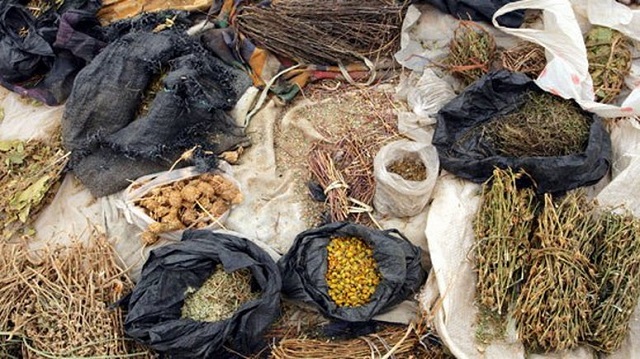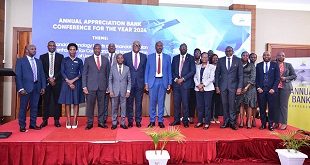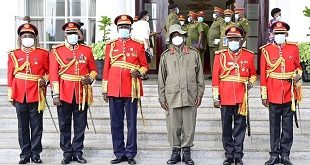
Kampala, Uganda | THE INDEPENDENT | Epidemiologists have urged the Ministry of Health to consider involving traditional healers in the country’s health sector to combat emerging disease outbreaks. Epidemiologists, specialized in investigating and analyzing disease distribution and determinants within communities, play a pivotal role in understanding health factors and devising strategies to prevent and control diseases.
Uganda, situated in a disease transmission belt with dense forests and porous borders, is susceptible to various disease outbreaks such as ebola, cholera, and marburg.
Experts say this vulnerability stems from population movement and the climate, making it crucial to proactively address these health threats.
Dr. Alex Ario, Director of the Uganda National Institute of Public Health at the Ministry of Health, emphasized at the 9th National Field Epidemiology Conference the need to acknowledge traditional healers’ influence. A prevalent pattern during outbreaks is citizens turning to traditional healers before seeking medical assistance, exacerbating disease transmission within communities.
Dr. Ario highlighted findings from various epidemiological investigations, particularly during outbreaks like ebola in Mubende and Kassanda districts, revealing that many people seek remedies from traditional healers first. Dr. Ario stressed the Ministry’s role in educating traditional healers on basic disease control methods during outbreaks to assist the population.
Brenda Nakafeero Ssimbwa, an epidemiologist with the Ministry of Health, observed that while traditional healers were aware of the ebola disease and raised awareness, their infection control practices, such as wearing gloves and gowns, were inadequate and exposed them to infections. She noted that those affiliated with associations were more receptive to learning, and had better infection control practices.
During investigations, Nakafeero and her team interacted with 165 traditional healers, including traditional birth attendants, bone setters, herbalists, and spiritualists, in Mubende and Kassanda. During the Ebola outbreak, a traditional healer succumbed to the disease, likely contracting it from a patient who visited their home.
Dr. Brian Agaba, another epidemiologist, emphasized the importance of government and non-governmental organizations addressing mental health disorders in both survivors and the community during disease outbreaks.
Following the 2022 Ebola outbreak, epidemiologists noted a high prevalence of mental health disorders such as anxiety, depression, and post-traumatic stress disorder. Approximately 6 out of 10 individuals interviewed exhibited at least one mental disorder.
The recent conference showcased two cohorts of new epidemiologists presenting 43 studies and presentations. The event, themed “The Role of Field Epidemiology in Strengthening Public Health Emergency Response in Uganda,” aimed to fortify the country’s response to public health crises.
****
URN
 The Independent Uganda: You get the Truth we Pay the Price
The Independent Uganda: You get the Truth we Pay the Price


